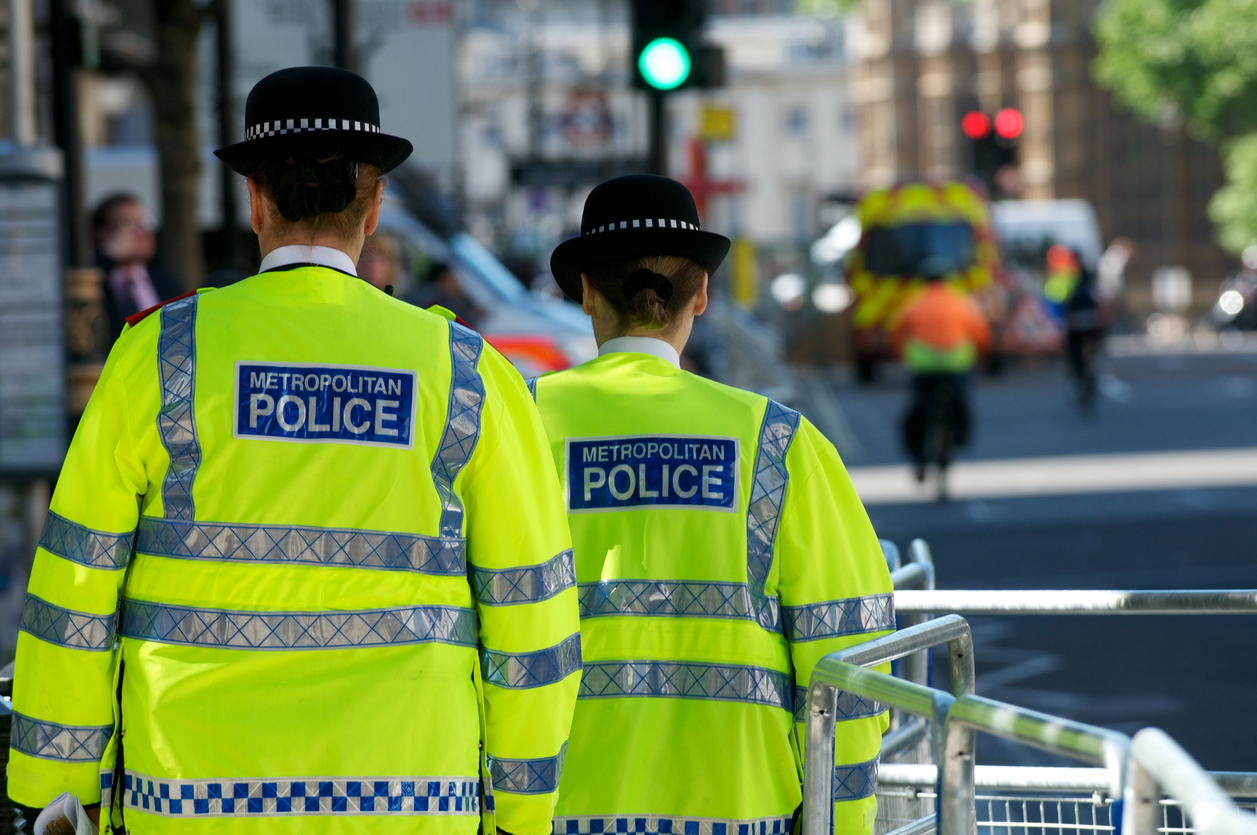I do not think that knife crime can be attributed to an individual cause. It is a very complex issue but I am certain that youth work has a significant role to play in helping young people who are choosing to carry knives and those that are contemplating it.
I have had 30+ years of seeing young people supported to thrive in their lives, including those that may have been in gangs who are now leading smaller charities that are trying to show young people a way out. That was what youth work achieved.
YMCA England & Wales carried out research last year which tracked cuts in public spending on youth services. It showed that between 2010-11 and 2016-17 in England and Wales there was a reduction of £750 million in annual spending. In real terms across England and Wales that is a 65 per cent reduction – that is absolutely huge.
We have felt those cuts in our work with young people
As an organisation we have felt those cuts in our work with young people, particularly through detached youth work. While we have wonderful youth centres where young people are able to go and get a sense of community and personal development, a lot of youth work used to take place finding young people out on the streets, and sadly there is no funding around for that any more.
Youth workers I have worked with over the years encountered young people at parks, or outside McDonalds, or sitting on estates causing havoc, and let them know there are places they could come and be welcomed.
We felt that youth work as a concept was slipping away from us. That is why we decided to do the research. We found that increasingly for people coming to work at YMCA, youth work was not in their vocabulary, that it was something historic. We felt that there used to be a time when youth work was known as a career, but actually now very few people think that they have the ability themselves to work in that field. This needs to change so we can help more young people.










